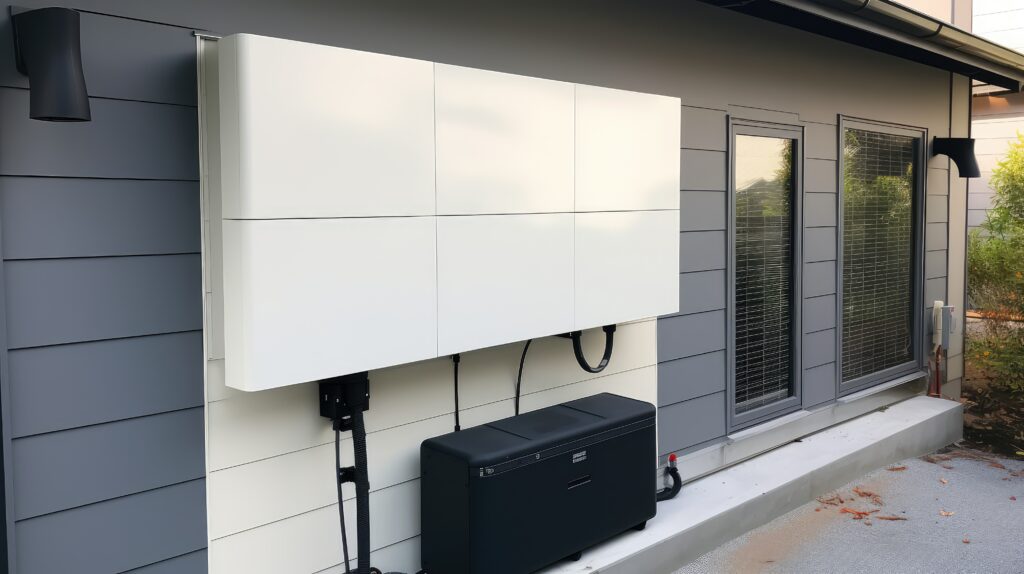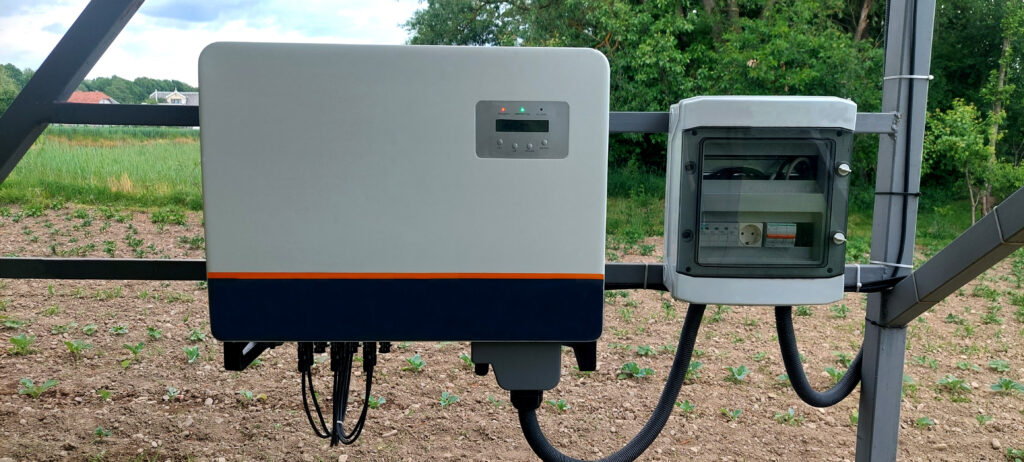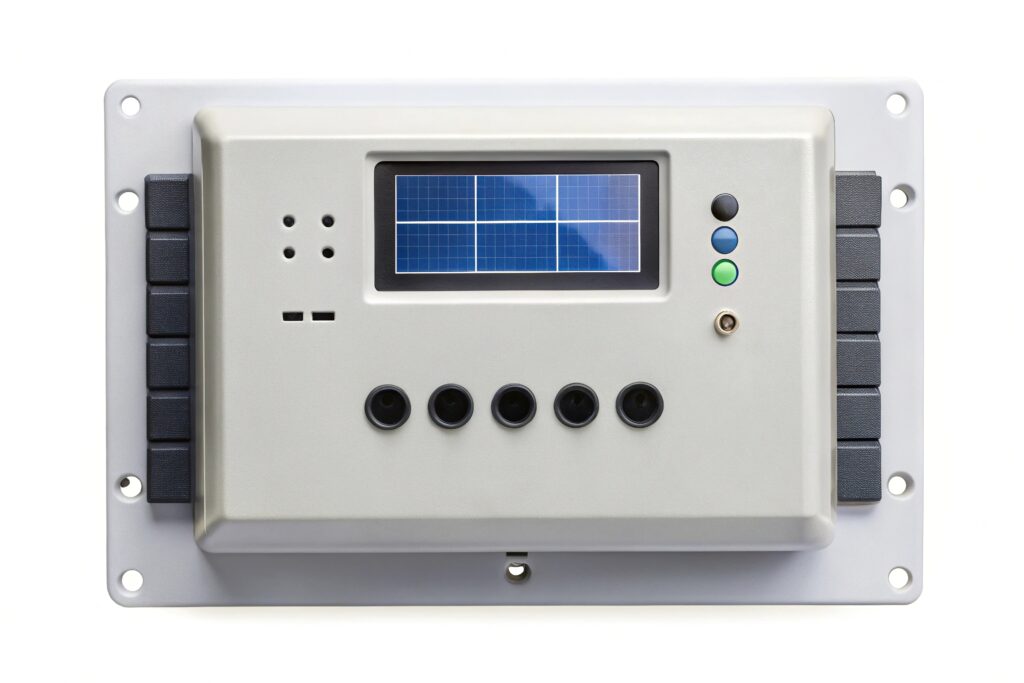



In the quest for energy independence and sustainability, solar batteries have gained prominence. These batteries store energy harnessed from sunlight, allowing users to power their homes or businesses during nighttime or in emergencies. Among the various battery types, lithium-ion and lead-acid batteries are the most commonly compared due to their specific characteristics and performance capabilities.
1. Introduction to Solar Batteries
Solar batteries serve as a crucial component of solar energy systems. They store excess energy generated during sunny periods for later use. This capability becomes essential, especially in regions where sunlight varies significantly throughout the year. Understanding the differences between battery types can help users make informed decisions based on their energy needs.
2. Lithium-Ion Batteries
Lithium-ion Solar Batteries are currently the most popular choice for residential solar systems. Their advantages include:
- High Efficiency: Lithium-ion batteries typically have an efficiency rate of about 90-95%, meaning more stored energy is usable.
- Long Cycle Life: They can last between 10 to 15 years or even longer, depending on usage patterns.
- Compact Size and Weight: These batteries are smaller and lighter compared to lead-acid ones, making them ideal for home installations where space may be limited.
- Low Maintenance: Lithium-ion options require minimal maintenance, which can lower overall costs over time.
However, they come at a higher upfront cost compared to lead-acid batteries. This investment often pays off in terms of durability and efficiency, but can deter some users seeking more affordable initial options.
3. Lead-Acid Batteries
Lead-acid Solar Batteries have been a long-time favorite for energy storage, particularly in solar applications. Their key benefits include:
- Affordability: Generally, lead-acid batteries cost less upfront than lithium-ion options, making them attractive for those on a tight budget.
- Established Technology: This technology has been around for decades and has a proven track record in various applications.
Nonetheless, lead-acid batteries are not without their drawbacks:
- Lower Efficiency: Their efficiency typically hovers around 80%, meaning not all stored energy is available for use.
- Shorter Lifespan: They usually last about 5 to 10 years, which is substantially less than lithium-ion counterparts.
- Larger and Heavier: Their size can be a limiting factor for installations with restricted space.
- Regular Maintenance: They often require more maintenance, such as ensuring the electrolyte levels are appropriate.
4. Storage Capacity
When comparing lithium-ion and lead-acidSolar Batteries, storage capacity becomes a significant factor. Lithium-ion batteries typically offer better storage capacity in a smaller footprint compared to lead-acid variations. For example, a lithium-ion Solar Batteries may provide 10 kWh of storage within a compact size, while a lead-acid equivalent might require significantly more space to achieve the same capacity.
Homeowners should assess their energy needs to determine how much storage capacity they require. An essential consideration is whether they wish to use their solar energy during outages or just to offset their regular utility bills. Those who anticipate frequent power outages or have higher energy demands may benefit more from lithium-ion batteries due to their efficiency and lifespan.
5. Conclusion
Choosing between lithium-ion and lead-acid batteries depends on specific needs, budget, and installation conditions. For many, the superior efficiency and longevity of lithium-ion batteries justify the initial investment. On the other hand, lead-acid batteries can be a practical solution for those seeking budget-friendly options and have space available for larger installations.
Individuals interested in renewable energy storage solutions should consult experts to assess their energy needs comprehensively. This reliable advice can lead to substantial long-term savings and the correct selection of the appropriate battery type for solar energy systems.
For more insights into renewable energy and solar solutions, explore our blogs at Andromeda Energy. Blogs you might find useful include:
- The Benefits of Going Solar: How Solar Energy is Changing the Way We Power Our Lives
- Understanding Battery Storage and Its Role in Solar Energy
Let’s embrace a cleaner, more sustainable energy future together.
For Further Detail
https://www.renewableenergyworld.com/


Leave a Reply